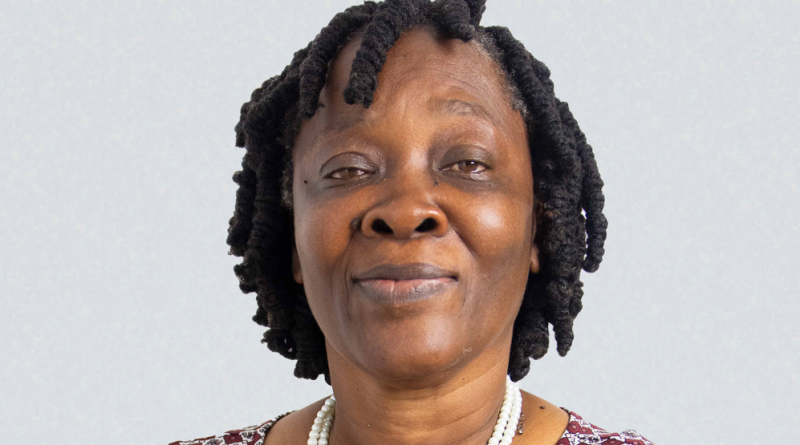Martin confirms 34 dengue cases, but says known figures should be multiplied by three, and urges residents to take precautions
There is an increase in the number of dengue-fever cases in Antigua
and Barbuda, as Chief Health Inspector Sharon Martin confirms 34
cases, with 14 new infections reported over a week ago.
However, Martin says these might not be the true numbers, since
some people are sick but fail to report their ailment – which is
unsafe. Therefore, she says that health officials usually will multiply
the known figures by three.
While warning residents to take precautions against being bitten by
mosquitoes, Martin says the disease is not contagious like COVID-19
– meaning it cannot be transmitted from human to human. Rather,
it is spread through the bite of an infected mosquito.
The chief health inspector recounts a number of symptoms that
would indicate infection with dengue fever. These include a high
fever; head and eye pain; and body aches that are felt to the bones –
which is why the disease is also known as “broken-bone fever.”
Martin warns that the disease can also morph into something very
serious and life threatening in which bleeding is involved: dengue
hemorrhagic fever.
Other symptoms of the illness include tiredness; restlessness and
irritability; rapid breathing; tenderness; and an unquenchable thirst.
Martin advises that, once these warning signs are detected, the
affected persons should not self-treat, but must get to a doctor
immediately.
Meanwhile, she says there is a proliferation of mosquitoes at this
time because of the recent rainfall. Therefore, persons must protect
themselves by wearing proper clothing, including long-sleeved
shirts and long pants, when going outdoors at the times when
mosquitoes are active.
Homeowners, too, are advised to properly secure and cover all
water catchments (tanks, drums, buckets, bottles) to discourage
mosquito breeding. Even overflow and downpipes should be
covered with gauze to prevent the insects from getting into the
water supply, Martin says.




